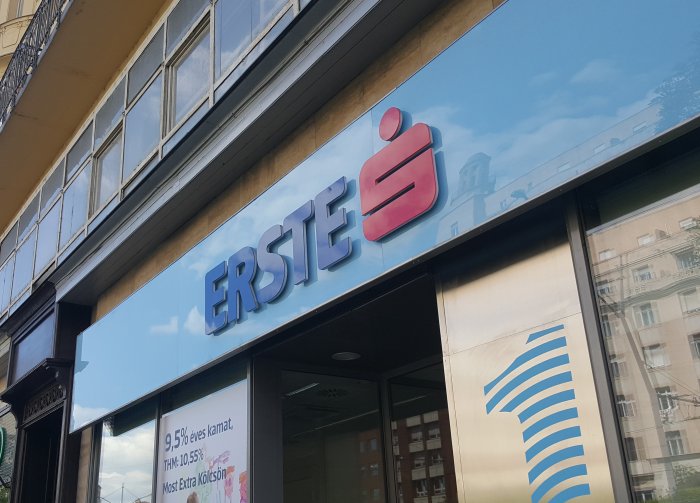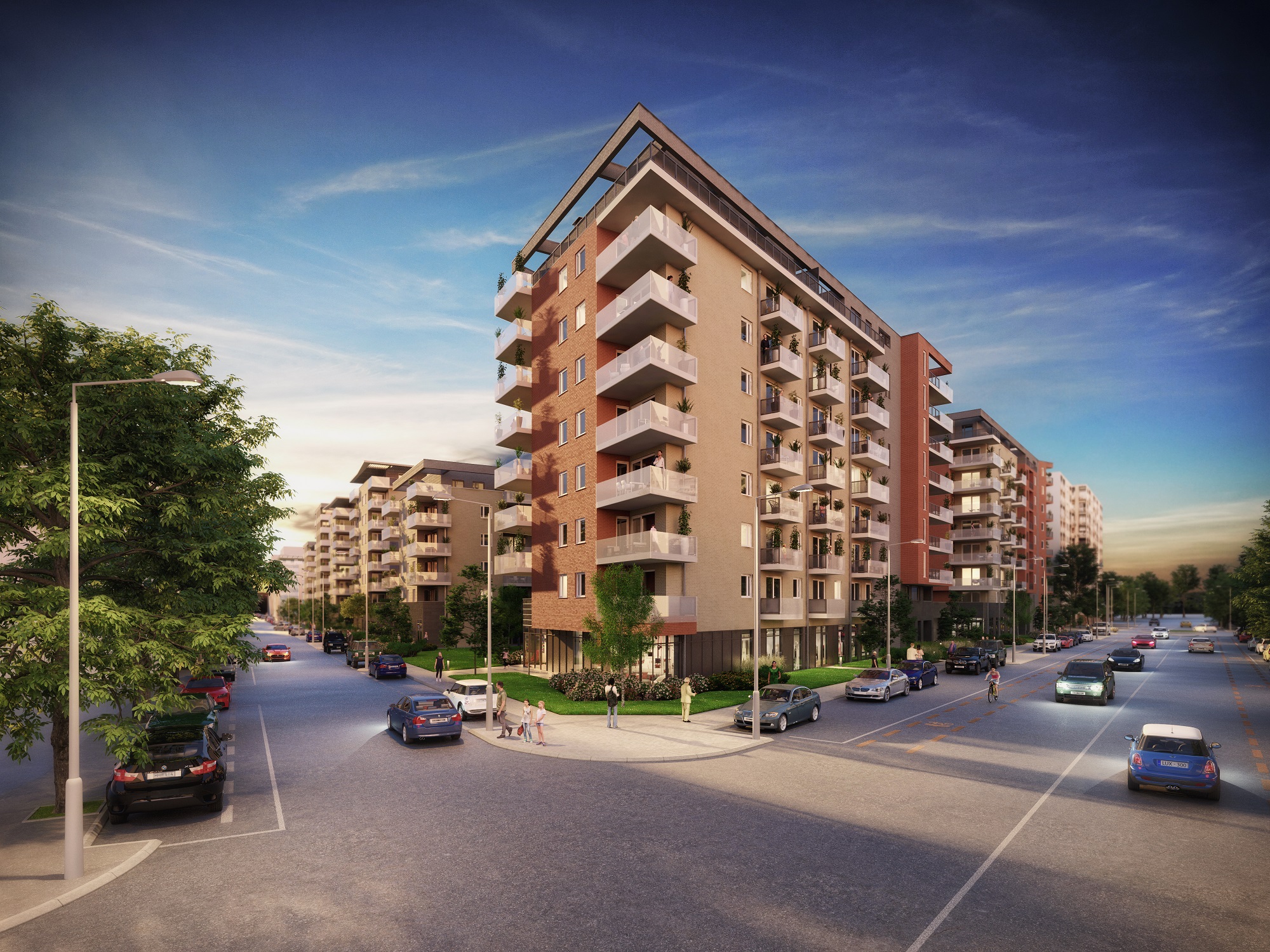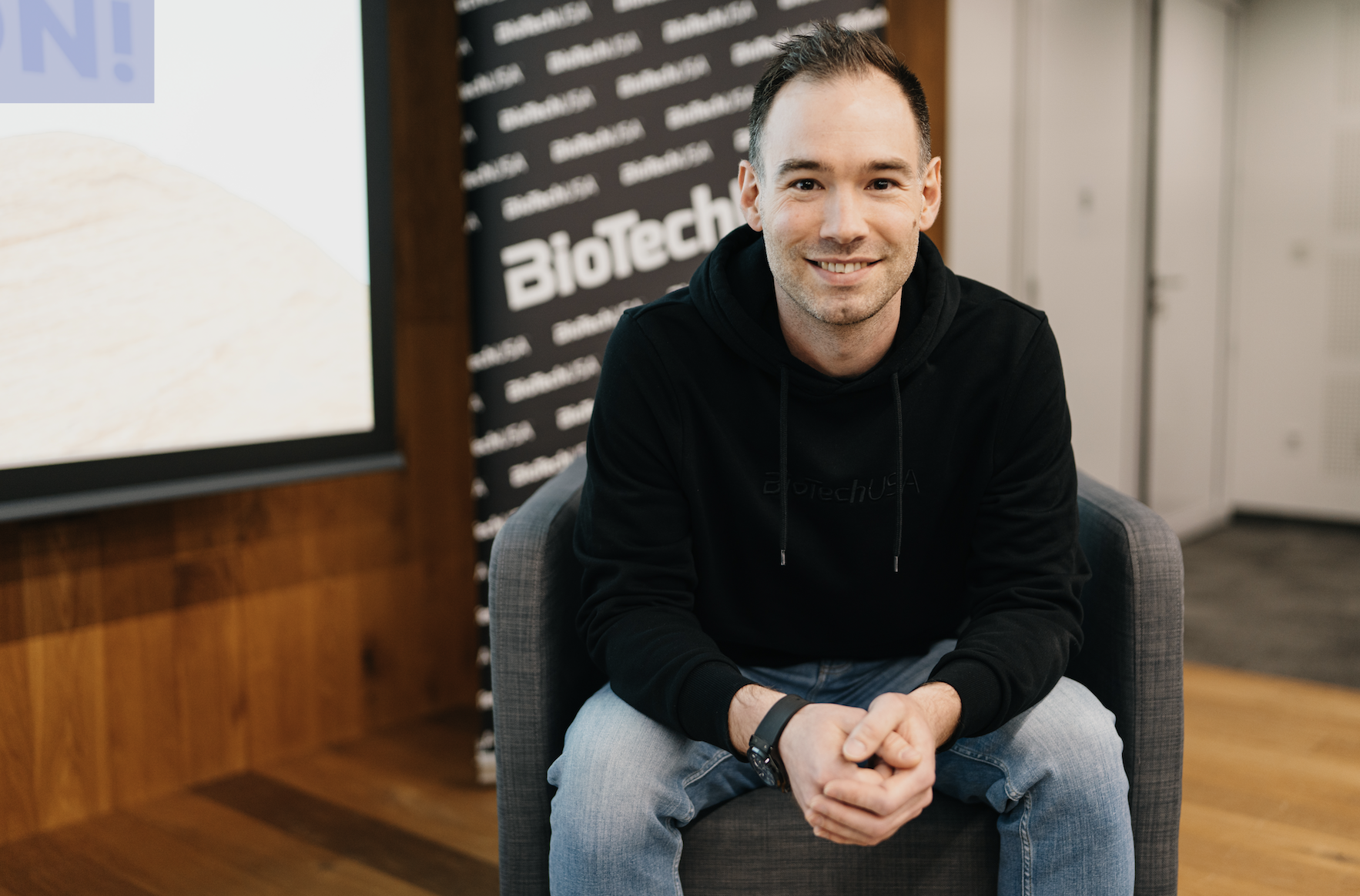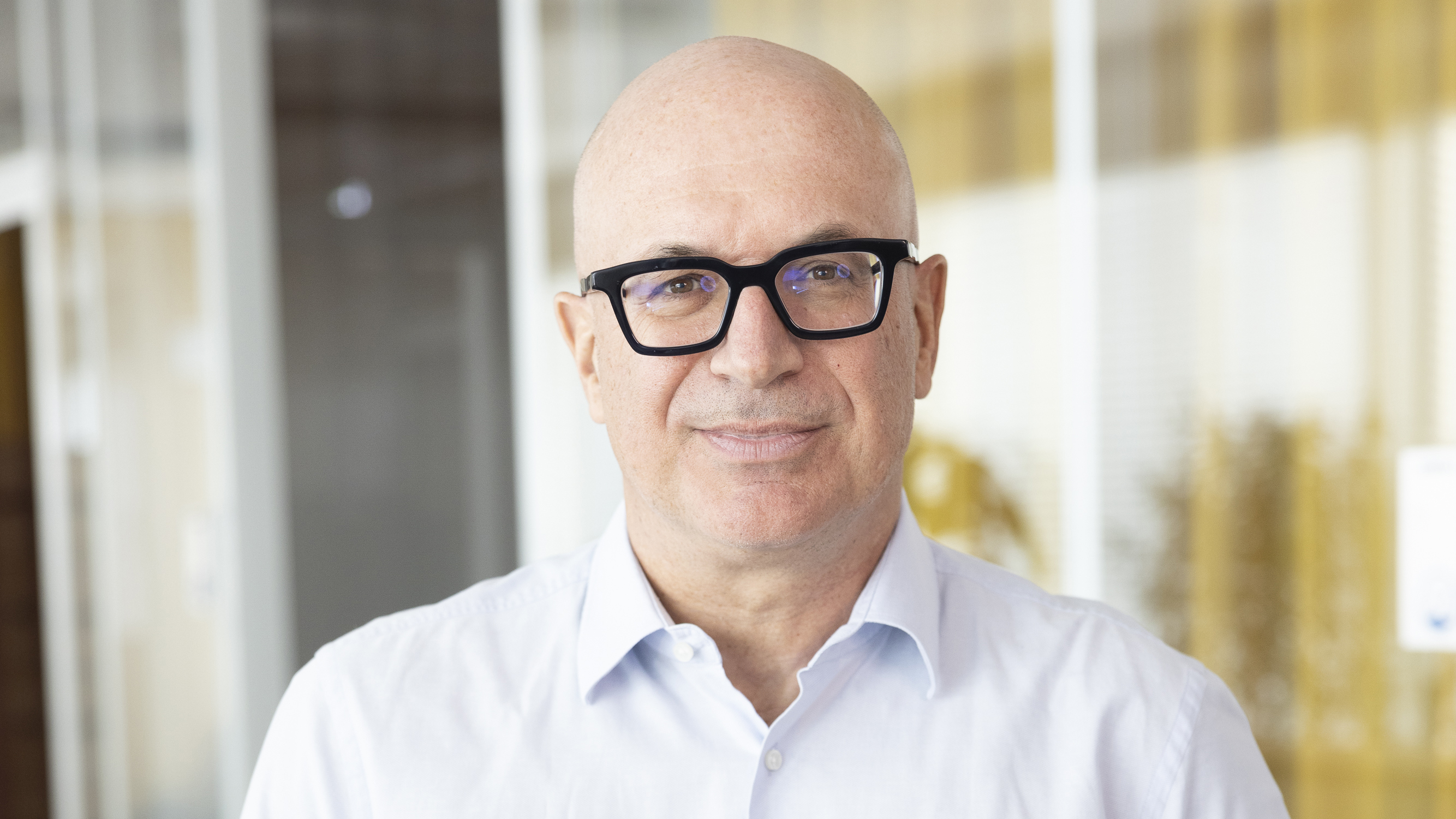Finding the Human Touch to Make Sustainability Meaningful
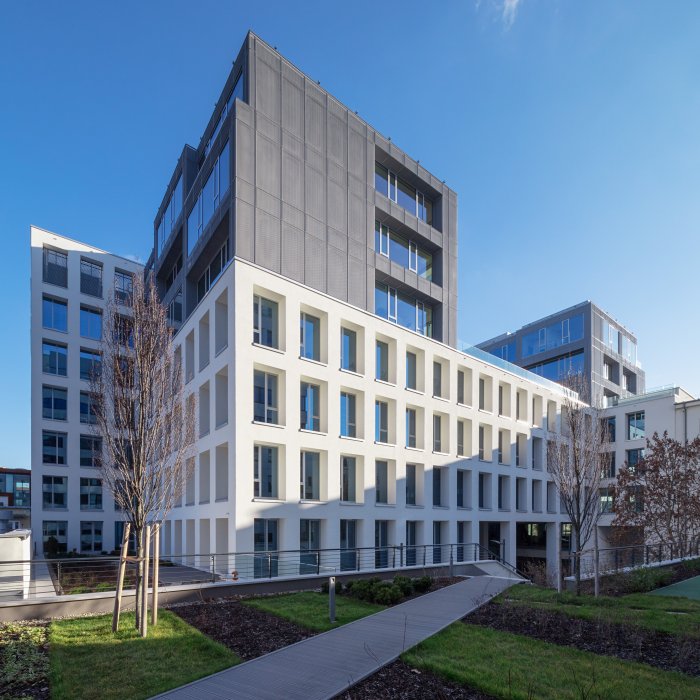
Balance Hall by CPI
The Budapest Business Journal asked three of CPI Hungary’s leading experts to discuss how sustainability features throughout their day-to-day work.
BBJ: CPI uses “green leases” to educate tenants. How does this work?
Henrietta Budai (sustainability manager): CPI Hungary’s Green Lease is a sustainability agreement forming an annex to the lease agreement. The primary purpose is to cooperate with our tenants (and indirectly our and their suppliers) to reduce the negative environmental impacts of our properties, including their leased areas. This document calls for using and running our built working environment, where we spend a third of our active professional life, with an environmentally conscious mindset.
Both landlord and tenant should commit to energy efficiency, energy and water saving, waste management, cleaning and what and how to use in the working environment. There is much room for raising awareness and educating our tenants so they can work with these commitments. We operate a combination of educative activities, tools and events.
We issued two tenants and office worker guides to provide helpful, practical tips for energy efficiency and conscious water use. The tips give the tenants’ employees a closer understanding of how the building works (for example, the heating/cooling and mechanical systems). Many of them are not even aware of the benefits of LED lighting. And we also share our example. This year, we moved into a new office designed with sustainability in mind: we kept the old flooring, glass partitions, most of the fixed equipment, and much of our old furniture and water-saving fittings. And we also have an office composter. Sharing best practices and well-measured results can make for convincing arguments.
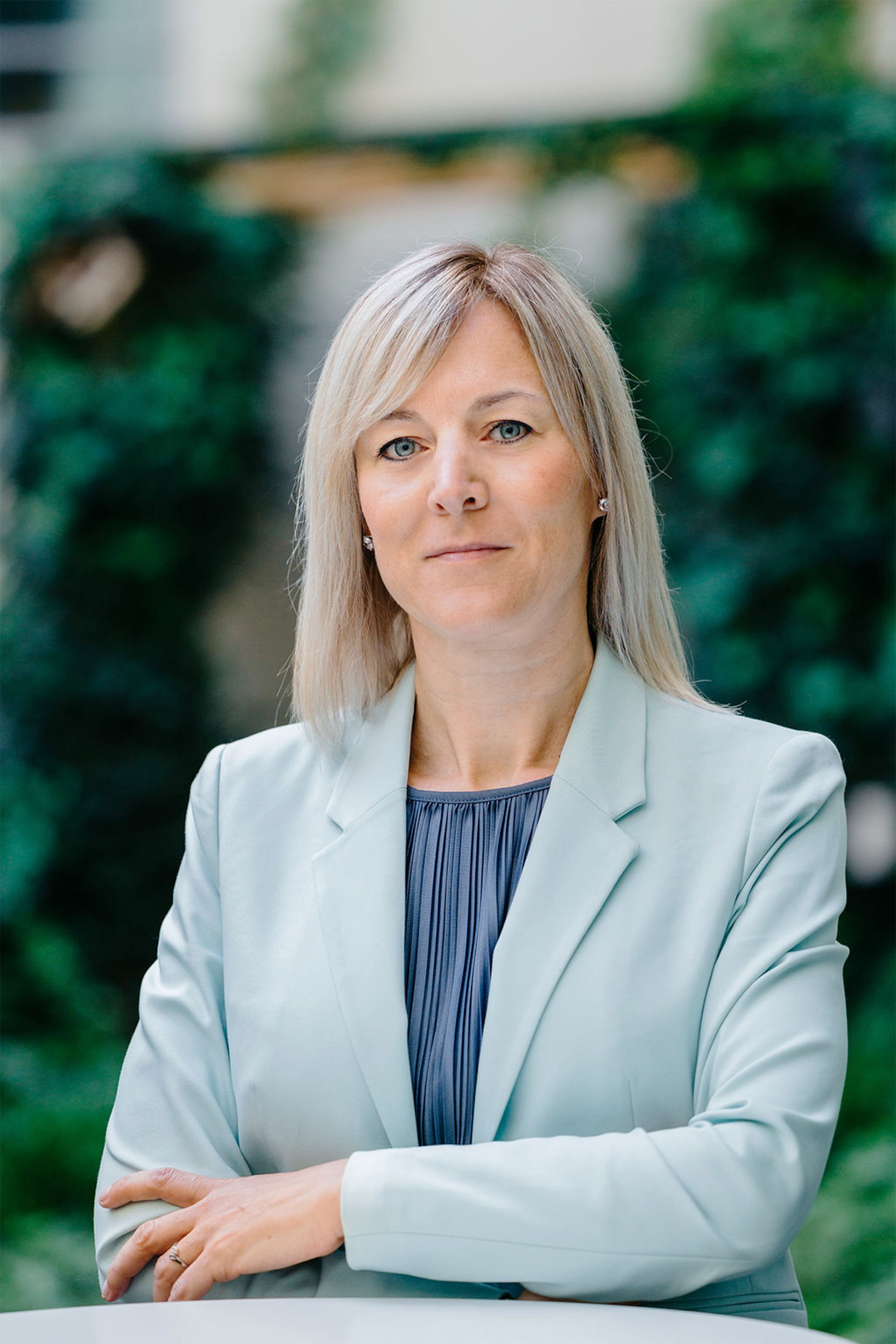
Henrietta Budai
BBJ: What is the Tenant Sustainability Forum, and how does this work?
HB: As part of the green lease agreement, we invite all tenants to bi-annual forums where we set goals along the cooperation fields I mentioned above. We also check where we are in meeting targets and how we can improve. It is a new type of cooperation, still unusual in the market, and we are in the introductory phase. But the feedback is very positive. Our tenants appreciate that we initiate a dialogue and try to realize shared goals where landlord and tenant inspire each other in sustainable behavior and solutions. Regular and mutual data and result-sharing support both parties in further reducing their environmental footprint. The forum gives the opportunity to meet personally and raise questions related to the running or management of the building, as well as networking between tenants. We plan to have such events in all of our office properties, and we hope they earn a prominent place in the calendar of the decision-makers among our tenants in the future.
BBJ: CPI aims to create people-centric developments. Could you give us some more detail about this “human focus?”
Bea Déri (director of PR, marketing and design): More than eight years ago, when CPI Hungary appeared in the Hungarian real estate market, we brought a people-centered approach to our development and renovation of buildings and put our tenants in the center. The property owner must be responsible not only for the beautification of the building but also for the protection and improvement of the environment surrounding it and the workers in the building. That’s when we created social spaces where we gave opportunities for networking and sharing knowledge. That’s when we introduced our Human Innovation Program (HIP) well-being brand into our buildings and created outdoor workstations, meeting rooms, and sports opportunities. CPI was the first in Hungary to realize that working in “simple” concrete structures full of offices does not fill people with motivation and inspiration and that, as property owners, we can help with this general mood.

Zita Kovács-Bertók
BBJ: Do you have to brief designers to incorporate “human design” or only work with specialists in the field? Can anyone do this work?
BD: We have a concept for human design and see ourselves as specialists in this area. Human design and the related term human innovation requires knowledge of tenant needs, the characteristics of the building, and the development limit of the tenant’s mental and physical well-being needs. Considering all these factors, it is not enough to create beautiful and impressive spaces; those spaces must be assigned functions that help people’s efficiency and are suitable for community building. We believe that the well-being of the users and the inspiring environment created for them is one of the means of achieving tenant satisfaction. The goal is to develop human- and experience-oriented environmentally friendly buildings.
BBJ: People-centric buildings aren’t only about design. Can you give us some examples of what you call “human services?
Zita Kovács-Bertók (office business development director): In the context of people-centric buildings, this refers to amenities and offerings that enhance the well-being and experience of the occupants. Our HIP scheme provides convenient services such as food markets, seasonal shopping possibilities, and wellness programs ( massage, manicure, fitness- and yoga classes) only a few steps from the office. Furthermore, our concierge service, dry cleaner, pop-up flower shop and childcare service facilitate the daily life of our Tenants.
We also focus on community building with our myhive and HIP brands to provide a platform for networking and interesting workshops. We see our tenants as partners; therefore, providing platforms for discussions about current and relevant topics (such as the energy crisis, ESG and so on) are a high priority for us as a landlord. This allows us to understand our tenants’ needs and act immediately to provide tailored services. These services make the building more than just a physical space but a place where tenants feel valued, supported, and can thrive.
Bea Déri
BBJ: Tenants being human, requirements can change, often at short notice. How important is flexibility in your approach to tenant requirements?
ZK-B: Highly important; quickly adapting to changing needs can enhance tenant satisfaction, retention, and the overall appeal of your office spaces. It’s essential for maintaining positive landlord-tenant relationships and staying competitive in the commercial real estate market. As a result of COVID, the use of home office became widely spread in most sectors that use office buildings. A downside has been that, over time, employees become afraid of isolation and may feel anxious in the home office. On the other hand, a pleasant office environment does not provide enough motivation nowadays. Tenants need a flexible and innovative landlord who can offer new solutions to entice employees back to the office. Beyond the community-centric spaces in the common areas of the buildings, CPI offers flexible office products with convenient services across our entire portfolio, allowing employees to utilize these services in the location closest to them.
This article was first published in the Budapest Business Journal print issue of October 20, 2023.
SUPPORT THE BUDAPEST BUSINESS JOURNAL
Producing journalism that is worthy of the name is a costly business. For 27 years, the publishers, editors and reporters of the Budapest Business Journal have striven to bring you business news that works, information that you can trust, that is factual, accurate and presented without fear or favor.
Newspaper organizations across the globe have struggled to find a business model that allows them to continue to excel, without compromising their ability to perform. Most recently, some have experimented with the idea of involving their most important stakeholders, their readers.
We would like to offer that same opportunity to our readers. We would like to invite you to help us deliver the quality business journalism you require. Hit our Support the BBJ button and you can choose the how much and how often you send us your contributions.


